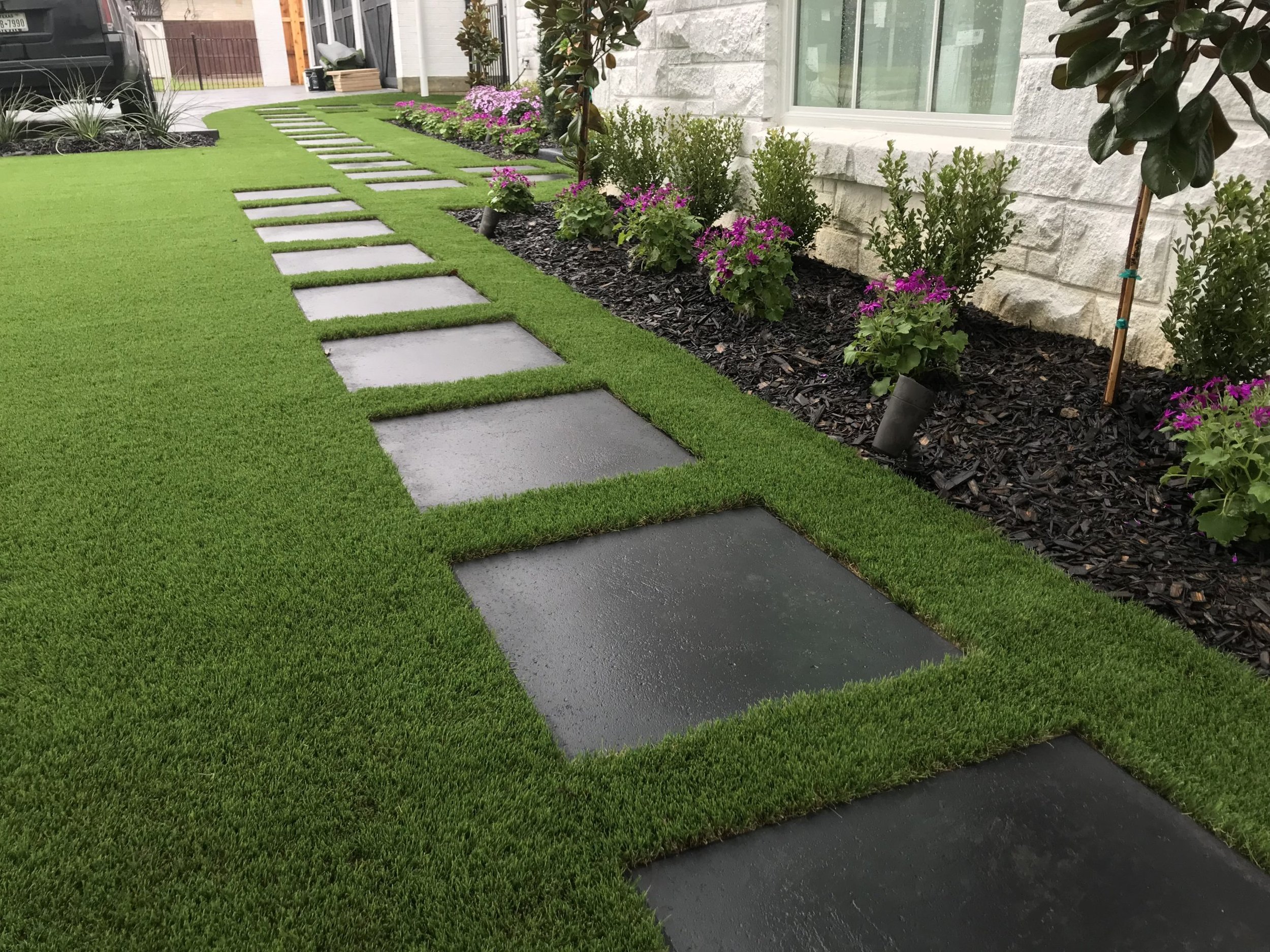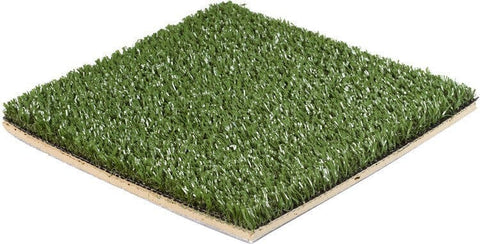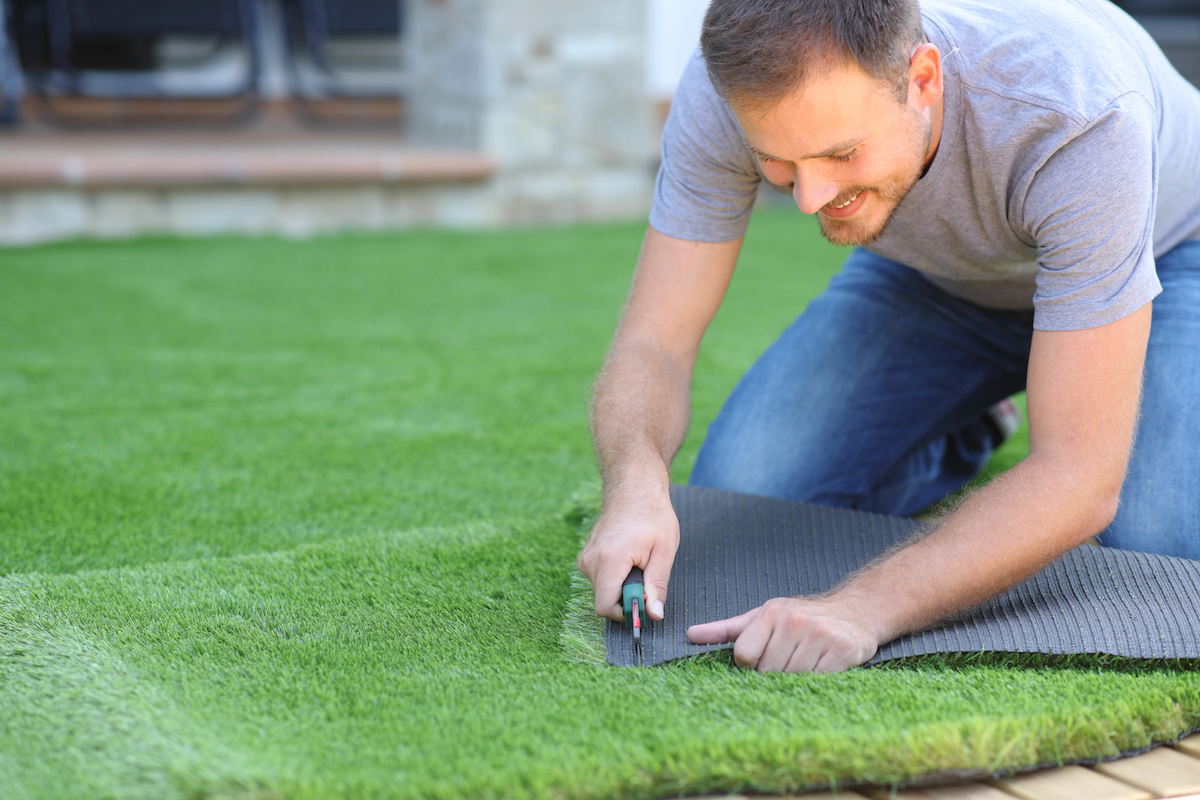Explore the Environmental Perks of Opting for Artificial Turf Solutions
The fostering of man-made grass solutions offers an engaging chance to deal with pressing ecological difficulties. By considerably decreasing water usage and lessening the application of hazardous chemicals, these options not just advertise lasting landscaping but also safeguard neighborhood ecosystems.
Water Conservation Benefits
One of the most considerable benefits of artificial lawn is its ability to preserve water. In contrast, fabricated grass does not need watering, dramatically lowering the total demand for water resources.
By removing the need for routine watering, synthetic grass adds to lasting landscape methods and helps mitigate the environmental influence of too much water usage. In addition, the preservation of water includes the decrease of drainage, which can lead to soil disintegration and river contamination.
Additionally, the installment of synthetic grass enables communities and homeowners to assign water sources more effectively, concentrating on crucial uses such as drinking water and farming. The shift towards synthetic grass not just advertises responsible water usage however likewise lines up with broader ecological objectives aimed at preserving all-natural resources.
As neighborhoods significantly focus on sustainability, the water preservation advantages of fabricated turf present a compelling instance for its fostering in business and property landscaping jobs.
Reduced Chemical Use
The transition to synthetic grass considerably decreases the reliance on chemical treatments generally used in natural yard maintenance. Typical grass management usually involves the application of herbicides, pesticides, and fertilizers to promote growth and control pests. These chemicals can present threats to human wellness, local wildlife, and the atmosphere, adding to dirt and water contamination.
In comparison, synthetic turf eliminates the requirement for these damaging materials. By decreasing the launch of synthetic substances into the ecological community, synthetic turf advertises much healthier soil and water systems.
Furthermore, the absence of chemical overflow connected with synthetic grass installments assists protect local rivers from air pollution, supporting aquatic life and preserving biodiversity. Arizona turf. As areas significantly focus on lasting practices, choosing synthetic grass provides a viable solution that aligns with ecological preservation goals. With this shift, homeowner can delight in lavish eco-friendly spaces without compromising eco-friendly health, leading the way for a much more sustainable future
Reduced Carbon Impact

Furthermore, the setup of artificial turf can result in substantial water conservation. Natural lawns need substantial quantities of water for irrigation, which not only includes to the carbon impact connected with water extraction and treatment but also stress regional water resources. On the other hand, synthetic turf needs very little upkeep, requiring no watering, thereby dramatically minimizing water use and its associated power expenses.
Additionally, the longevity of synthetic grass contributes to its decreased carbon influence. With a life-span of as much as 15 years or more, the requirement for frequent substitutes is diminished, resulting in less waste and reduced energy usage in manufacturing and throwing away conventional yard options. On the whole, synthetic grass offers a lasting alternative for environmentally conscious landscape design.
Environment Preservation
Habitat preservation is an essential factor to consider in the discussion over landscaping selections, particularly when contrasting man-made grass to all-natural turf. Natural turf yards commonly need considerable upkeep, including the usage of plant foods, pesticides, and herbicides, which can adversely impact local environments. These chemicals can seep into the soil and rivers, damaging indigenous flora and fauna and interrupting neighborhood habitats.
On the other hand, synthetic lawn presents a possibility to reduce the eco-friendly footprint of landscaping. By selecting artificial turf, house owners can reduce the disruption of natural environments connected with typical yard care practices. Synthetic grass gets rid of the need for damaging chemicals, therefore securing neighboring wildlife and preserving the honesty of bordering communities. The installment of fabricated grass can lead to the conversion of previous turf areas right into more biodiverse landscapes, such as pollinator yards or native plant areas, which can sustain local wildlife.
Eventually, the transition to synthetic grass not only saves water and lowers upkeep efforts however also promotes a more unified partnership between human activities and the all-natural environment, promoting habitat preservation at the same time.
Long-Term Sustainability
Lasting sustainability is a crucial factor in evaluating the advantages of man-made turf over conventional turf yards. Among one of the most considerable advantages of synthetic grass is its sturdiness; it can last up to 15-20 years with very little maintenance, whereas natural yard requires constant reseeding and substitute. This durability lowers the need for consistent sources, such as water, plant foods, and chemicals, which are essential for preserving a healthy yard yard.
Additionally, fabricated turf contributes to a decrease in carbon exhausts connected with lawn basics care equipment. Conventional lawns typically require gas-powered mowers, trimmers, and blowers, all of which add to air contamination. Turf installation phoenix az. In comparison, synthetic lawn eliminates the requirement for such equipment, promoting a her response cleaner environment
Moreover, the manufacturing of synthetic grass increasingly makes use of recycled materials, enhancing its sustainability account. As manufacturers embrace environmentally friendly techniques, the environmental impact of man-made lawn remains to reduce.

Final Thought
The fostering of synthetic grass remedies provides substantial environmental advantages, consisting of considerable water conservation, reduced reliance on damaging chemicals, and a lower carbon footprint. Man-made lawn help in preserving natural habitats by reducing land disruption and advertising long-term sustainability with the usage of durable products. Jointly, these elements highlight the potential of synthetic grass to contribute positively to ecological health and wellness and provide a feasible choice to typical landscaping methods in a significantly resource-conscious world.
In contrast, fabricated lawn does not require watering, substantially lowering the overall need for water resources. By lessening the launch of artificial substances right into the community, artificial turf promotes much healthier dirt and water systems.
Moreover, the installation of synthetic grass can result in substantial water conservation. In comparison, synthetic lawn requires minimal maintenance, requiring no watering, thereby substantially decreasing water use and its linked energy prices.
